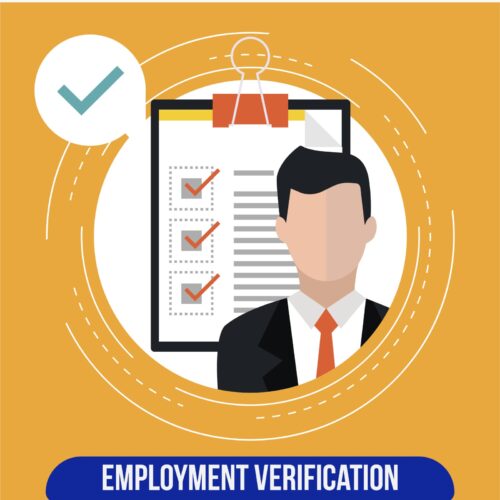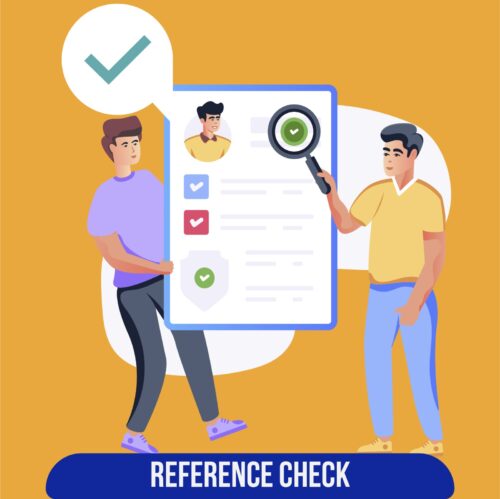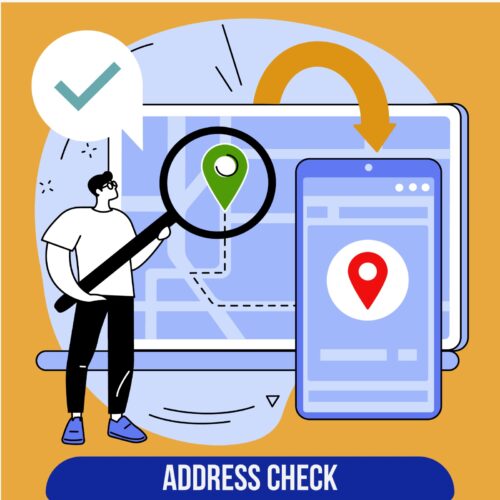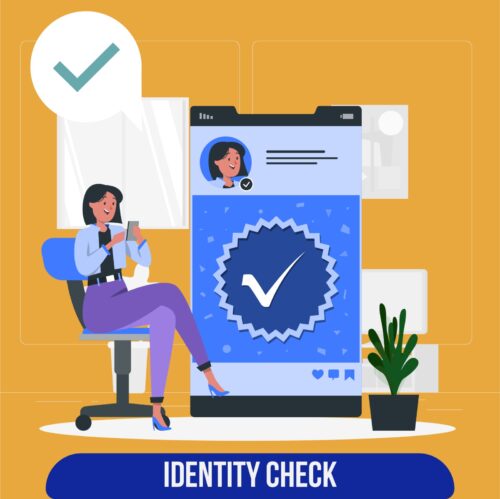Unraveling the Factors: Why Does Background Verification Fail?
The hiring process is a complex journey, and amidst its multifaceted stages, background verification emerges as a pivotal step. This meticulous process is designed to furnish companies with invaluable insights into a candidate’s historical facets, creating a foundation for informed decision-making. However, like any intricate system, background verification is not impervious to imperfections, and there exist instances where it may falter in delivering the level of precision and accuracy desired by employers. In this expansive exploration, we shall navigate through the intricate terrain of background verification, shedding light on the common and nuanced reasons that contribute to its occasional failure to yield accurate results.
Factors Behind Failed Background Verification
Navigating Through the Challenges and Complexities of Verification Processes
Incomplete or Inaccurate Information
One of the primary reasons for background check failures is the provision of incomplete or inaccurate information by the candidate. This can lead to discrepancies and hinder the verification process.
Time Constraints
Rushed timelines in the hiring process can compromise the thoroughness of background checks. Incomplete verifications may occur when there’s insufficient time to scrutinize all aspects of a candidate’s history.
Verification Process Complexity
Complex verification procedures, especially in multinational or highly regulated industries, may lead to failures. Stringent regulations and intricate processes can result in challenges for both employers and verification agencies.
Outdated Databases
Background checks heavily rely on databases, and if these databases are outdated or incomplete, the verification process may fail to capture the most recent and relevant information.
Legal Restrictions
Some jurisdictions have limitations on the information that can be included in background checks. Legal restrictions and privacy laws may hinder access to certain details, impacting the thoroughness of verifications.
Technology Glitches
In an era dominated by technology, glitches or errors in the verification software or systems can lead to inaccuracies. It’s crucial to have reliable technology to avoid these pitfalls.
Lack of Consent or Cooperation
Background checks require the candidate’s consent and cooperation. If a candidate withholds information or fails to cooperate in the verification process, it can impede the overall effectiveness.
Human Error
Mistakes made by individuals involved in the verification process, such as misinterpreting data or overlooking crucial details, can contribute to background check failures.
Frequent Relocations
Candidates with a history of frequent relocations may pose challenges in verifying their addresses and employment history, leading to potential gaps or inaccuracies.
False Credentials
Instances where candidates provide false educational or professional credentials can result in a failed background check. Verifying the authenticity of such credentials is paramount.
10 types of background verification:
Implementing a combination of these background verification checks helps companies make informed and responsible hiring decisions while minimizing risks associated with dishonest or unqualified candidates.
Confirming the accuracy of a candidate’s work history, including job titles, dates of employment, and responsibilities.
Validating academic credentials, such as degrees, certifications, and diplomas, to ensure accuracy and authenticity.
This involves scrutinizing a candidate’s criminal records to ensure compliance with legal and ethical standards.
Assessing a candidate’s financial responsibility and reliability by examining their credit reports.
Contacting previous employers, colleagues, or personal references to gather insights into a candidate’s work ethic, interpersonal skills, and overall performance.
Examining a candidate’s online presence on social media platforms to assess professionalism, character, and potential red flags.
Confirming the accuracy of a candidate’s provided addresses to ensure transparency and reliability.
Scanning international databases and watchlists to identify any potential legal or security issues associated with the candidate.
This check helps prevent identity fraud and ensures the accuracy of personal information provided by the candidate.
Conducting tests to identify any history of drug or substance abuse that may impact job performance or workplace safety.


















